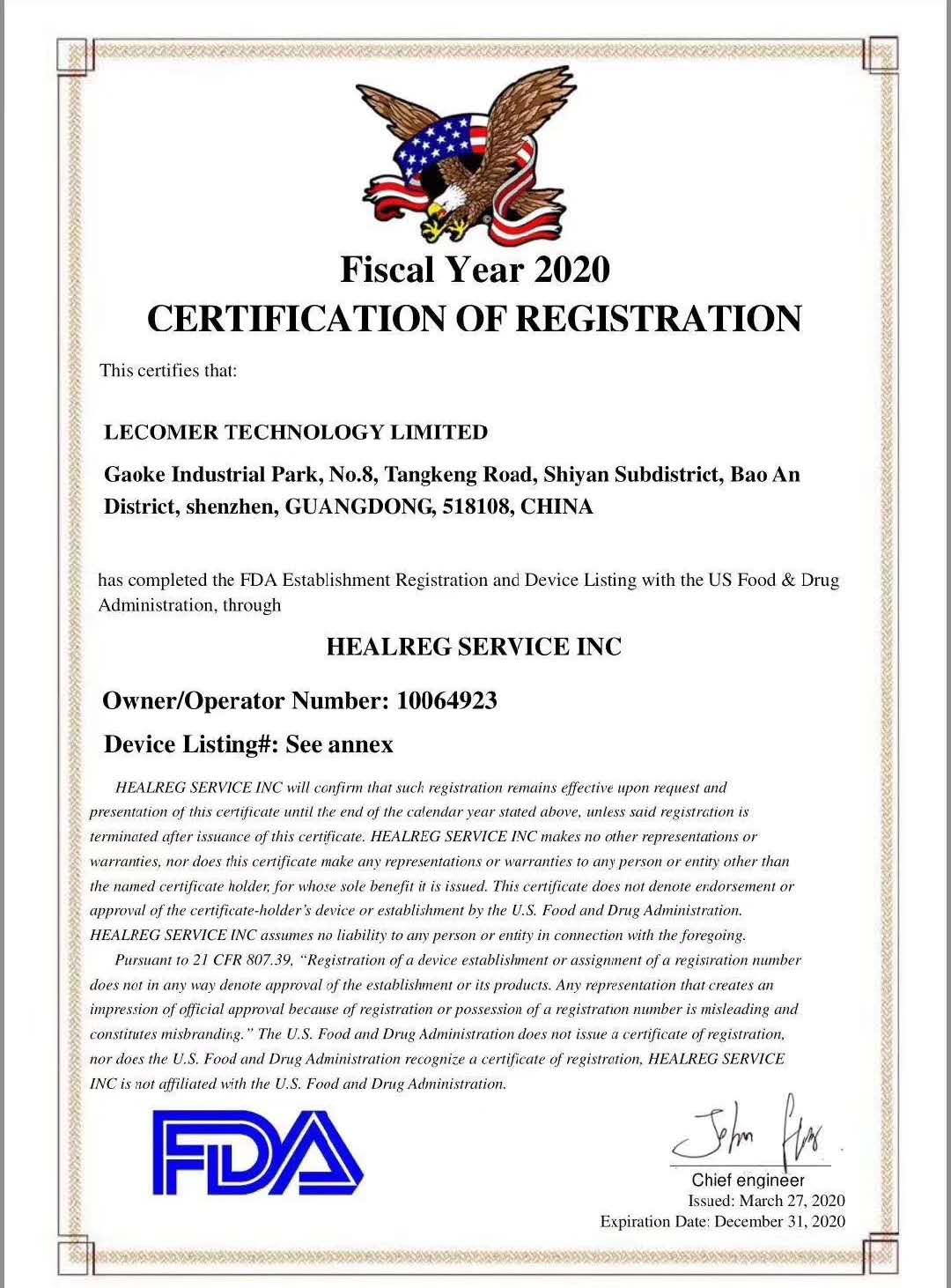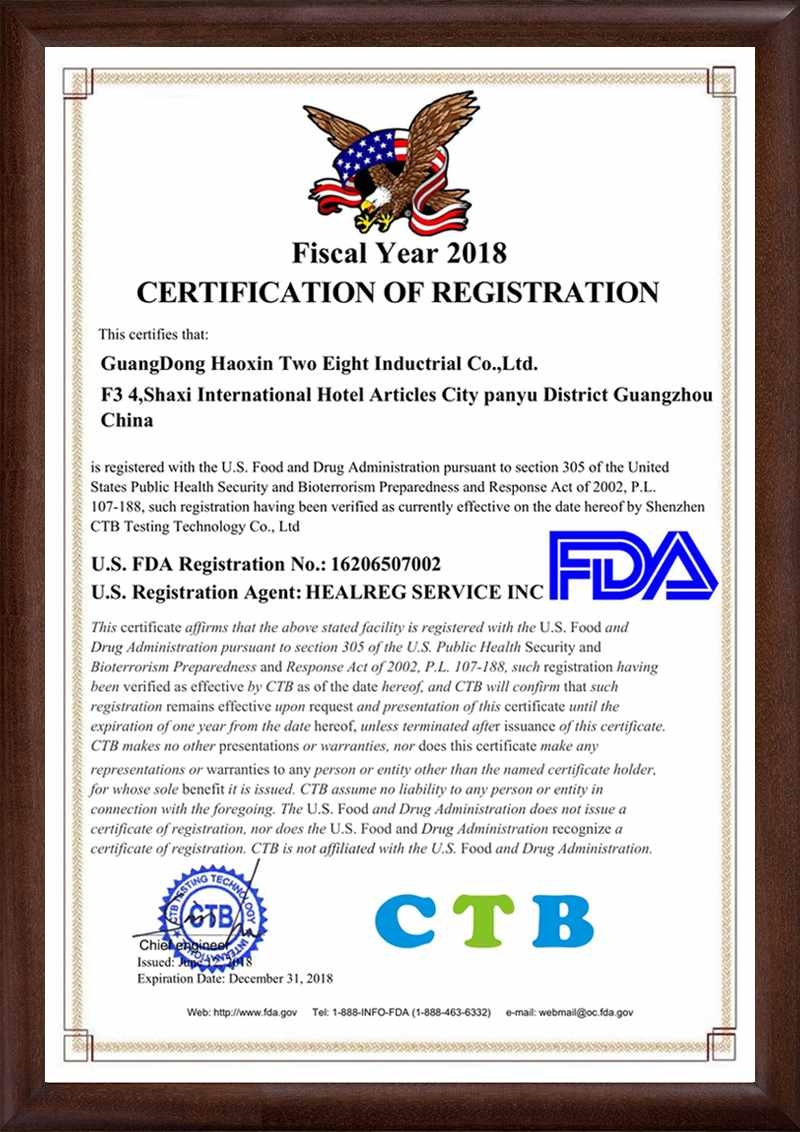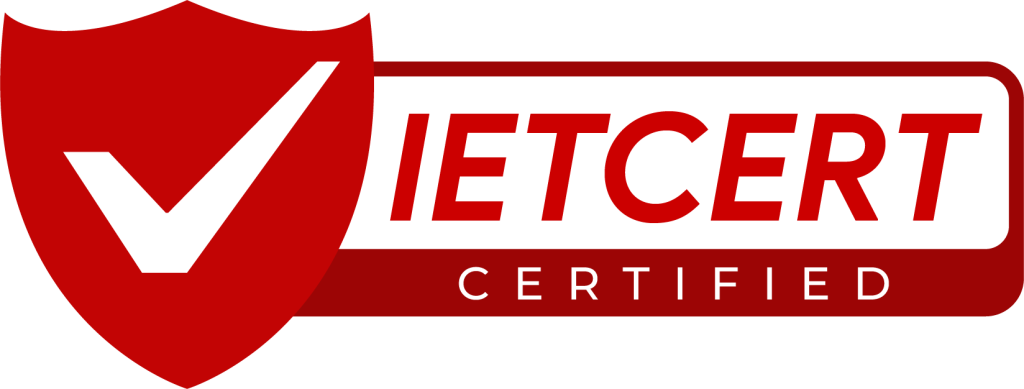Basic information about FDA Certificate
The term “FDA Certificate” is a bit ambiguous because the U.S. Food and Drug Administration (FDA) does not issue a specific certificate for products regulated by the agency. However, there are various types of documents and certifications related to FDA regulations that businesses may obtain or reference in the context of exporting or importing goods to or from the United States.
Types of document
FDA Registration
Manufacturers, processors, packers, and distributors of certain products, such as food facilities, medical devices, drugs, cosmetics, and dietary supplements, are required to register with the FDA. Upon registration, the FDA issues a registration number, which serves as evidence of compliance with this requirement.
FDA Establishment Identifier (FEI)
For certain products, such as medical devices and pharmaceuticals, establishments are assigned an FDA Establishment Identifier (FEI) after registration. The FEI is used to identify facilities involved in the manufacturing, processing, packing, or storage of FDA-regulated products.
FDA Import Alerts
The FDA may issue Import Alerts to provide guidance to FDA field staff and the public about products that may be in violation of FDA laws and regulations. Import Alerts specify the criteria for detention without physical examination (DWPE) of products offered for import into the United States.
FDA Certificates of Free Sale
While not issued directly by the FDA, Certificates of Free Sale are sometimes requested by foreign governments or regulatory agencies as evidence that products exported from the United States comply with FDA regulations and are freely sold in the U.S. market. These certificates may be issued by the manufacturer or exporter or by authorized agencies or organizations.
FDA Compliance Documents
Depending on the product and regulatory requirements, businesses may need to provide various compliance documents, such as certificates of analysis, product labeling, ingredient lists, manufacturing process documentation, and quality assurance records, to demonstrate compliance with FDA regulations.
FDA Approvals, Clearances, and Authorizations
For certain products, such as new drugs, medical devices, and food additives, the FDA may issue approvals, clearances, or authorizations based on the evaluation of safety, efficacy, and quality data submitted by the manufacturer or sponsor.
It’s important for businesses involved in importing or exporting FDA-regulated products to understand the specific regulatory requirements applicable to their products and to ensure compliance with FDA regulations to avoid regulatory enforcement actions, import delays, or other potential consequences. Consulting with regulatory experts or legal counsel familiar with FDA regulations can help navigate the complexities of compliance and certification requirements.

Benefits based on each type
- Certificate to a Foreign Government (CFG):
- Applicable Products: Conventional foods, food additives, food contact substances, and infant formula that meet U.S. requirements for marketing.
- Purpose: This certificate states that a product (or products) may be legally marketed in and exported from the United States.
- Fee: $175 for the first certificate, $155 for the second certificate for the same product(s), and $100 for subsequent certificates issued in response to the same request.
- Use Case: Essential for exporting FDA-regulated food products to foreign countries.
- Note: FDA’s issuance of this certificate does not prevent regulatory action against the product if needed.
- Certificate of Exportability (COE):
- Applicable Products: Conventional foods, food additives, food contact substances, and infant formula that cannot be legally marketed in the U.S. but meet section 801(e) requirements of the FD&C Act.
- Purpose: States that a product (or products) meet the requirements of section 801(e)(1) of the FD&C Act and may be legally exported.
- Fee: Same as for CFG.
- Use Case: Allows export of products that don’t meet U.S. marketing requirements.
- Note: COE facilitates legal export despite domestic marketing restrictions.
- Certificate of Free Sale (CFS):
- Applicable Products: Dietary supplements, medical foods, and foods for special dietary use.
- Purpose: Demonstrates that the product is legally sold in the U.S.
- Fee: No charge for this certificate.
- Use Case: Required for exporting dietary supplements and related products.
- Note: N-acetyl-L-cysteine (NAC) products should not be included in CFS applications.

Read more:
WHAT YOU NEED TO KNOW ABOUT COMMERCIAL INVOICE

